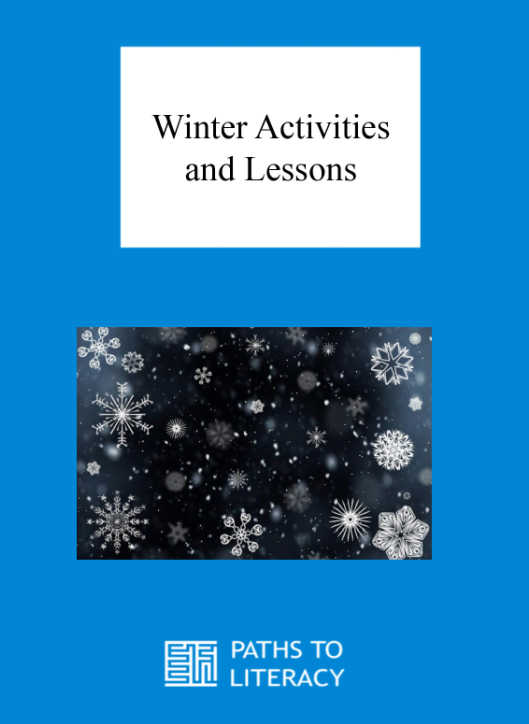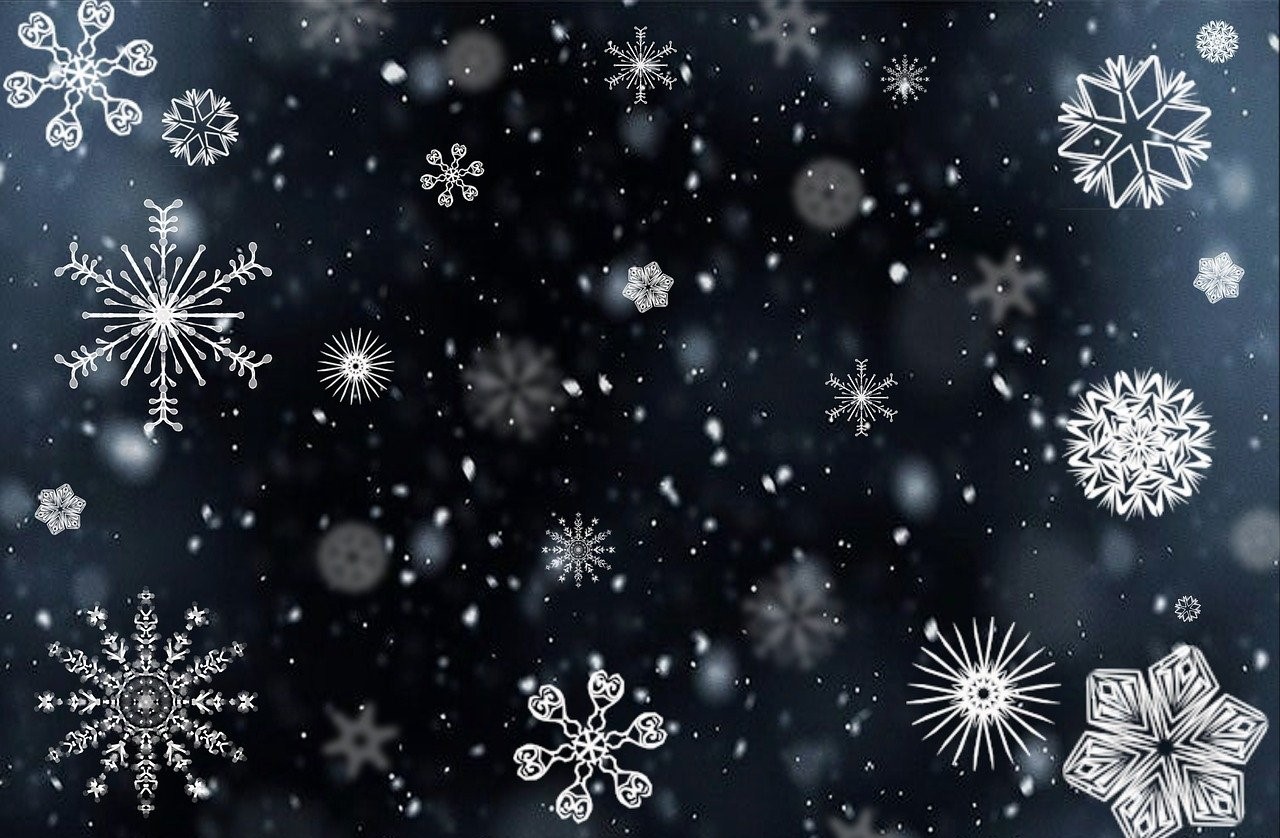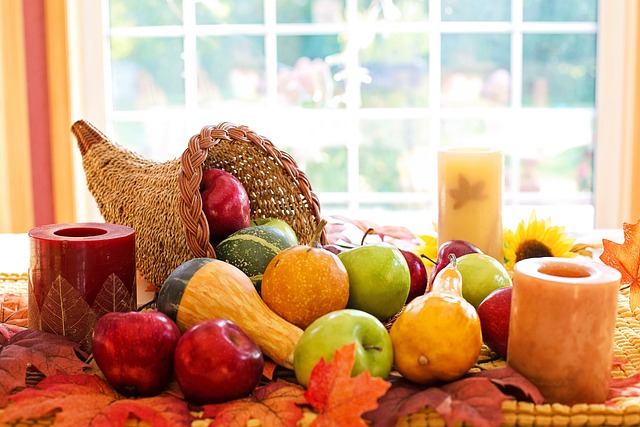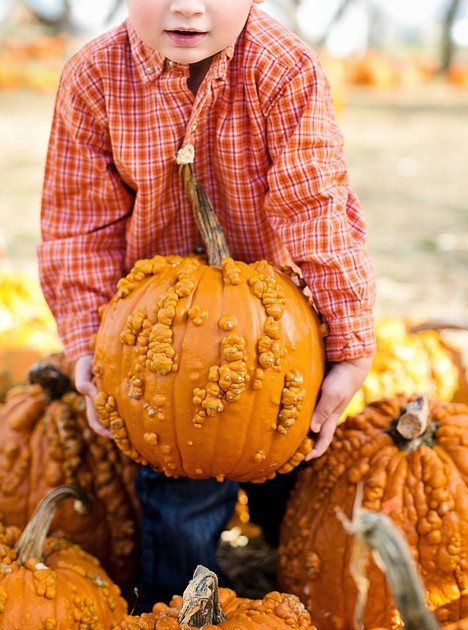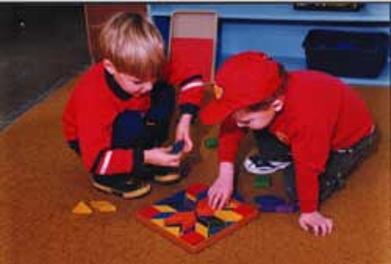Experience Box: Container of Snow
One of the favorite winter activities we had when we were lucky enough to get some snow was to gather snow in containers and bring them to the vision support classroom for sensory play. We would put hand shovels, cups, plastic animals, and Mr./Mrs. Potato Head materials to make a snowman in the snow and just enjoy.
Don’t have any snow outside?
Put some crushed ice in a blender to have the students explore the frozen ice crystals. You could also freeze water into interesting ice cube molds.
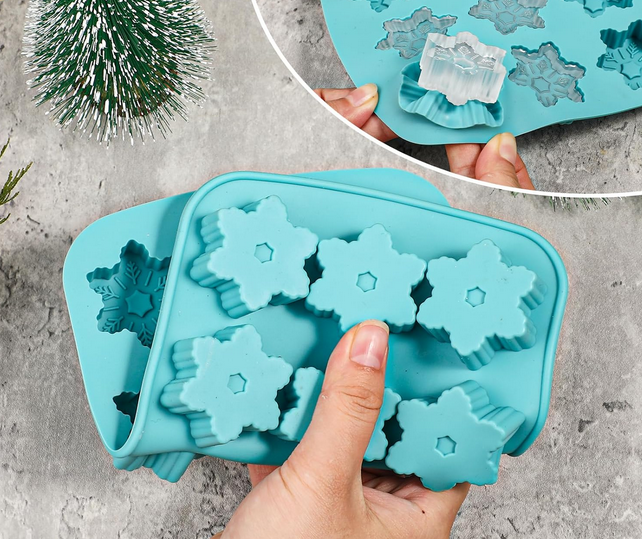
Use these items to make some “snow” sensory bins:
- Cotton balls
- White rice
- White beans
- Crumpled paper
- Shredded paper
- White puff balls
- White plastic ball ornaments
Easy STEM Winter Experiments
Melting Snowman Science Experiment
Have students create their own miniature snowman to use for a science experiment to see how long it takes the snowman to melt in the classroom and outside. Collect data and graph it.
Materials
The only thing you really need to create a snowman is SNOW, but adding details add to the lesson and incorporates more than just watching snow melt. It also shows your students that it is only the snow that changes its state as it melts. The other materials stay the same.
- Snow to create your snowman
- Googly eyes
- Felt scarf
- Carrot for the nose
- Black beads for the mouth
- Buttons
- Sticks
- Bowl or container (to set snowman in as it melts)
More simple winter STEM lessons and original lesson credit from here
Winter-Themed Activities in a Preschool Classroom
These winter-themed preschool activities for children who are blind or visually impaired incorporate basic concepts, matching, and literacy.
- Hot and cold
- Mittens with positional concepts
- Hibernating
Winter Tactile Experience Book: Snow, Snow, What Do You See?
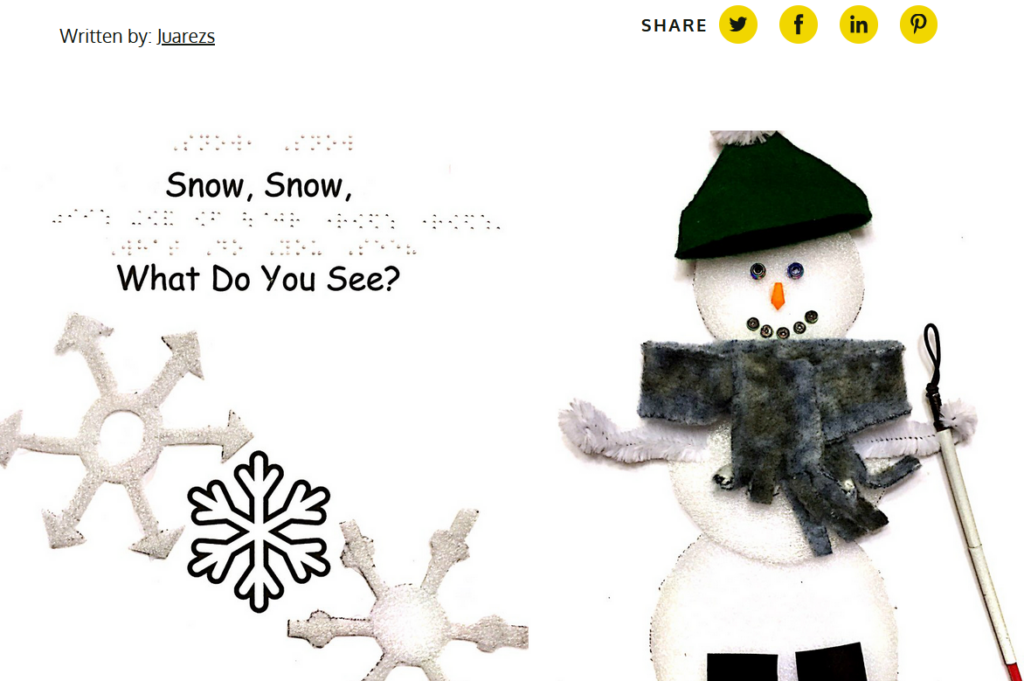
This winter-themed book is an adapted kindergarten classroom activity and has tactile components to enhance the learning of concepts related to winter clothing and winter necessities (hat, scarf, boots, white cane). In this activity, the student reads the book and explores a single object correlating to each page. The final page allows the student to “dress” a tactile snowman. Get the adapted book PDF and lesson
Story Box for “All You Need for a Snowman”
Creating a story box for books is a wonderful way to promote literacy and make reading more engaging. This story box is a fun winter activity for children who are blind or visually impaired, deafblind, or multiply disabled.
“All You Need for a Snowman” by Alice Schertle and illustrated by Barbara Lavallee is a wonderful book to read aloud. It also lends itself especially well to being made into a story box. For those who don’t know, story boxes are a way to bring books to life for young children who are blind or visually impaired, including those with additional disabilities. Instead of relying on illustrations to support the story, story boxes use real objects and tangible symbols to help make the meaning clear. As the story is told, children can feel the items described in the story, such as a carrot, bottle cap, scarf, mittens, walnuts, and a fanny pack.
In addition, the story uses numbers and sizes of snowballs, so this is a great way to reinforce counting and concepts of size.
Get complete lesson and ideas here
Turning Lessons into a Winter Theme
Many of our everyday lessons can be incorporated into a winter theme.
Braille lessons can have winter themed words throughout the practice.
Math time can include counting, adding/subtracting, graphing, and comparing of common winter objects. For example:
- Count how many snowflakes
- Which pile of mittens has more
- Take a tally and graph who likes sledding more than ice skating
Geography and social studies: What areas of the world have a cold winter and what are their winter traditions?
All it takes is a little creativity and a desire to make learning fun!
